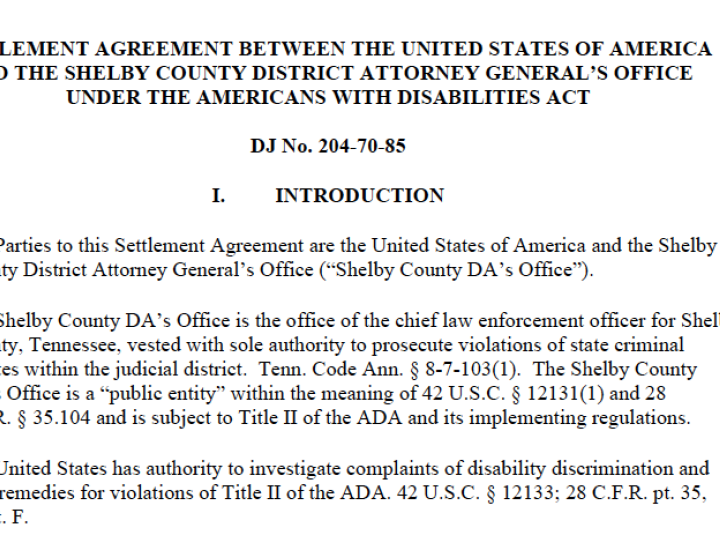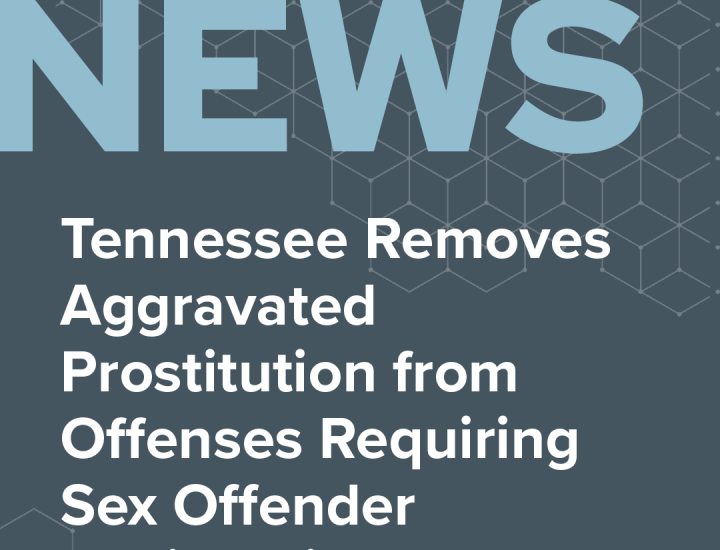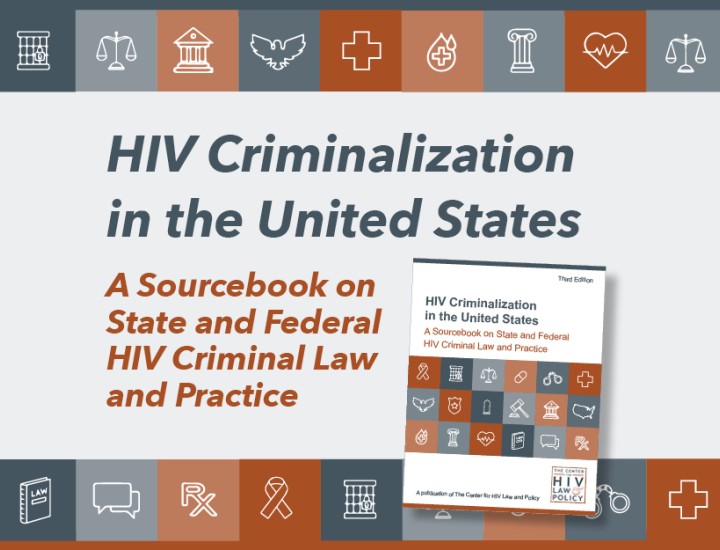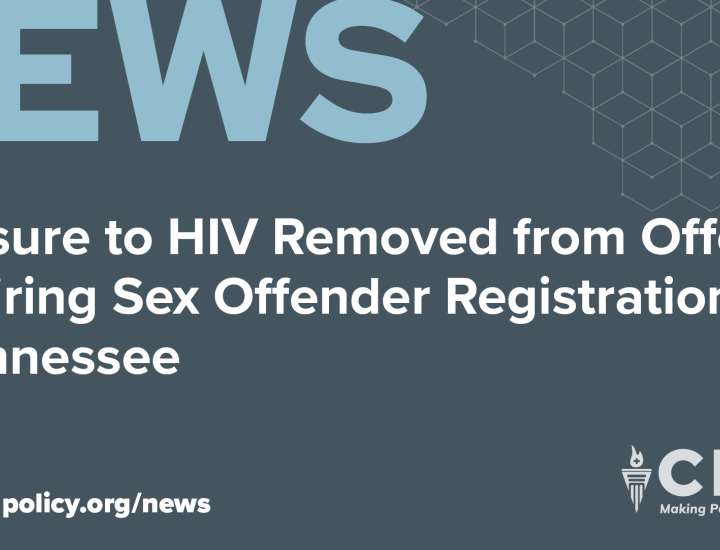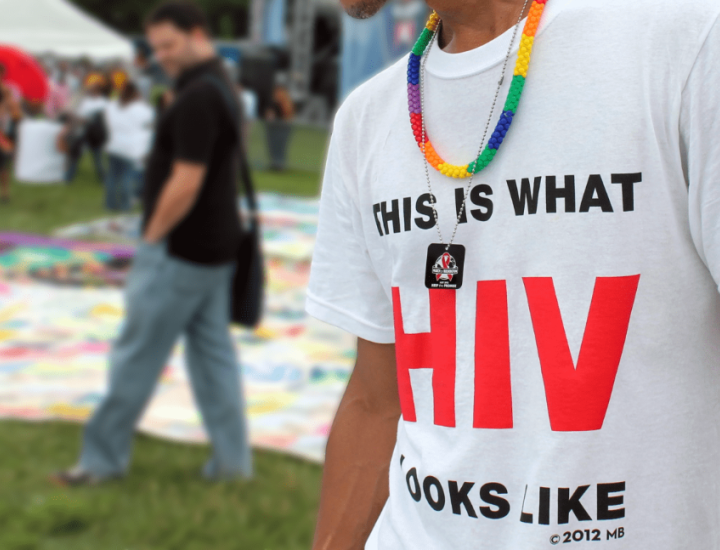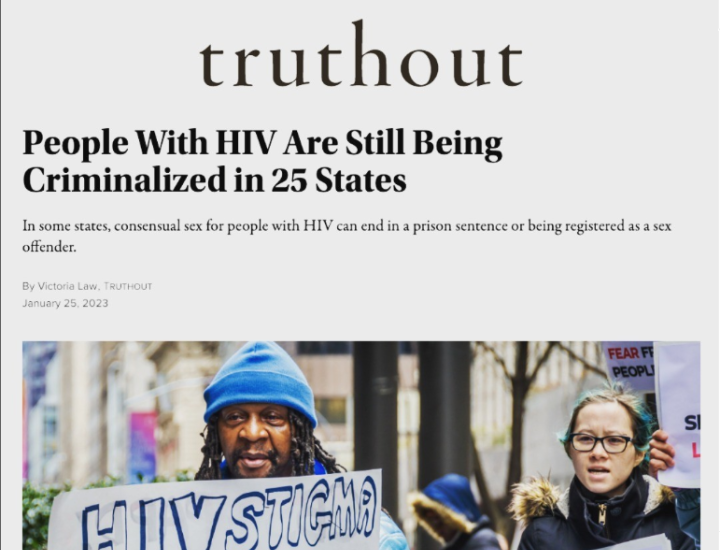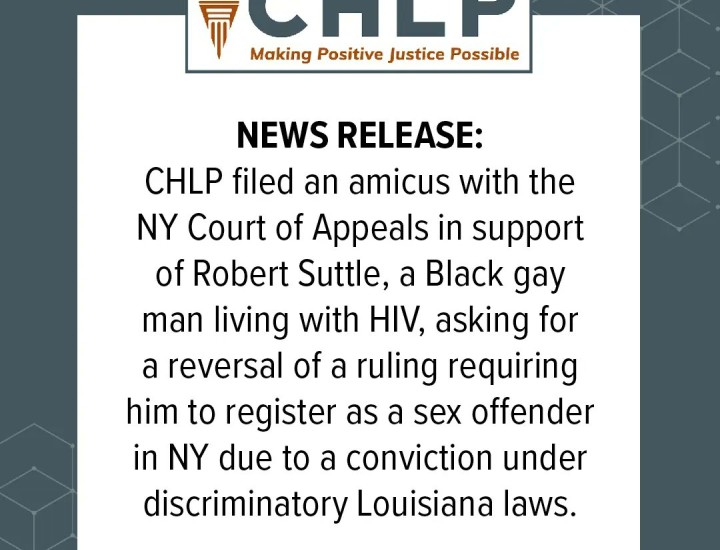Sex Offender Registration
All states have sex offender registration and notification laws. These laws must meet the federal minimum standards in the Sex Offender Registration and Notification Act (“SORNA”), such as the definition of a sex offender and what sex offenses must be covered. In general, state laws require individuals convicted of specific crimes involving sexual conduct to register with state or local police. They must provide their name, address, date of birth, photograph, fingerprints, DNA, driver’s license, travel documents, employment information and professional licenses, criminal history, and school information. Most of this information is then made available to the public via internet websites. Convictions for a sex offense generally require registration, with harsh results if one fails to register. However, the length of time an individual must be registered, how often in-person meetings with law enforcement are required, and the type of information an offender must disclose depends on the type of sex offense and other factors. Registration also causes employment, education, travel, and residency restrictions.
Generally, sexual acts agreed to by both parties in cases where the victim is an adult are not included in the definition of a sex offense. However, many state sex offender registration and notification laws also include registration requirements for individuals convicted of HIV-related crimes even though the actions on which these prosecutions are based was agreed to by the parties. In other words, individuals would not be prosecuted for these crimes if they were not living with HIV, and therefore would not be required to register. Current studies call into question whether the policy of registering people living with HIV (PLHIV) actually protects public safety.
Registration, which in some cases can be life-long, is another consequence of state HIV criminal laws that treat health status as evidence of wrongful intent. Currently, six states can require an individual living with HIV who is convicted under an HIV-specific criminal statute to register as a sex offender. In Louisiana, Ohio, South Dakota, and Tennessee, conviction under the state’s HIV-specific criminal statute requires registration. In Arkansas, though the HIV-specific criminal exposure statute does not require registration, a sentencing court may order registration. Washington is a state where a general criminal law statute that includes an HIV-specific provision (within the assault offense) can require registration if there is sexual motivation. For additional analysis regarding the relationship between registration and general and HIV-specific state criminal laws, see HIV Criminalization in the United States: A Sourcebook on State and Federal HIV Criminal Law and Practice, The Center for HIV Law and Policy (2017).
This HIV Policy Resource Bank category includes reports and journal articles on state laws that criminalize individuals living with HIV, including sex workers, as sex offenders; cases involving individuals living with HIV whose prosecutions require sex offender registration; and a review of some of the challenges of moving to a state as a registered sex offender.

